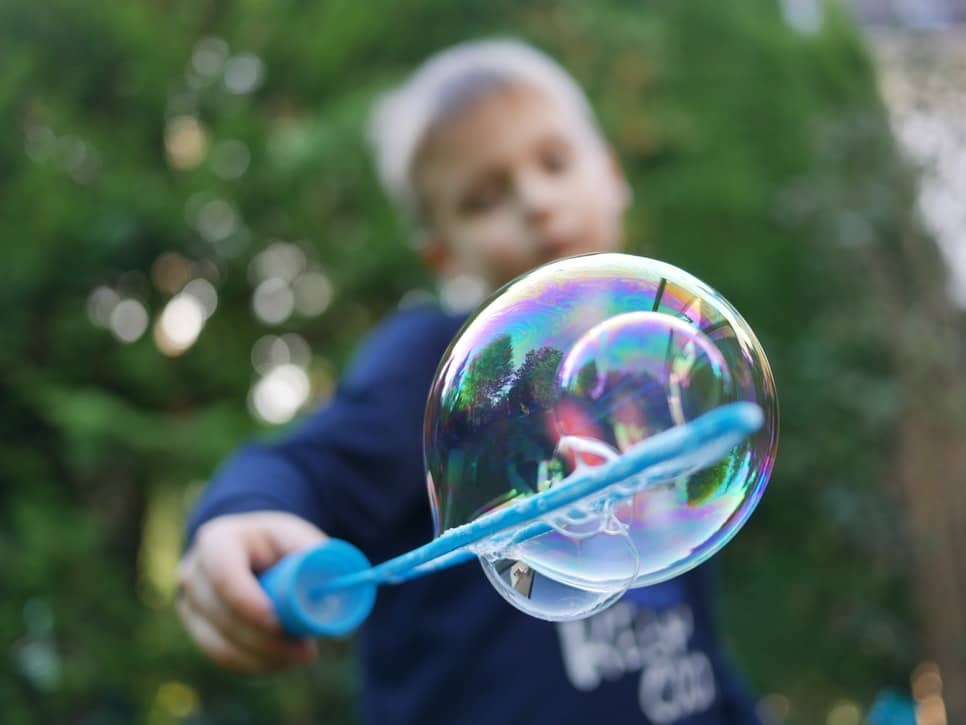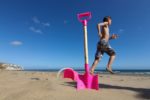‘It is not if, but when’ — education leaders on the Isle of Wight are preparing for what happens when Covid-19 cases arrive in schools.
As children and young people head back to school across the Isle of Wight this week, some for the first time since March, plans are being put in place in case a local lockdown of school bubbles happens.
Creating pupil ‘bubbles’
One of the measures implemented to ensure children can go back to school safely is numbering the amount of pupils in a ‘bubble’, to hopefully stop the spread of the virus going further than it needs to.
This is as well as other Department for Education (DfE) guidelines passed down to schools — washing hands regularly, coughing and sneezing into elbows, creating one-way systems and staggered start and finish times as well as lunchtimes and breaks.
Preparing for positive cases
While these precautions are in place to help aid social distancing and other methods of stopping Covid-19, the Isle of Wight Council has been preparing schools in the event of a positive case confirmed in a bubble.
Speaking at a meeting of the policy and scrutiny committee for children’s service’s education and skills, Brian Pope, assistant education director, said the returning of schools this week had been very similar to the normal pattern of opening and that most schools were reporting high attendance figures.
Switch to remote learning when we have an outbreak
Looking forward, however, Mr Pope said he was in daily contact with Public Health, analysing any new cases and issuing advice to headteachers with the council’s school improvement team speaking to every school.
He said:
“We are preparing schools, over the next few weeks to switch to remote learning, if and when, and it is probably more when than if, we have a local case in a school. And then we have to take action.
“That bubble of students is likely to be told to self-isolate for two weeks and we cannot leave those children without work. We have made sure we are ready to switch to remote learning if and when a bubble goes home.”
Three-pronged action plan
At primary school level, there are three action plans in place, for the long-term, which ensures the whole of the national curriculum is covered; the medium-term which covers half a term; and assessment-led short term plans which are done on an almost daily basis.
Lessons have been produced for the first 48 hours of a lockdown, age-appropriate for students, and new packs will be done on a monthly basis, from objectives in the national curriculum.
Remote learning for GCSE pupils
However, for secondary schools, Mr Pope said it was more difficult as GCSEs are very much about covering content which is less assessment lead. But guidance is being issued to headteachers to deal with remote learning.
A new scheme announced by the DfE will ensure every household with a student has access to a laptop if a local lockdown happens. If a student doesn’t have access to a laptop, the DfE will get one to the student in two days.
The focus is also on ensuring the children’s mental health and wellbeing is okay, with £23,000 funding from the DfE for mental health training.
This article is from the BBC’s LDRS (Local Democracy Reporter Service) scheme, which OnTheWight is taking part in. Some alterations and additions may be been made by OnTheWight. Ed
Image: Zlatko Duric under CC BY 2.0





